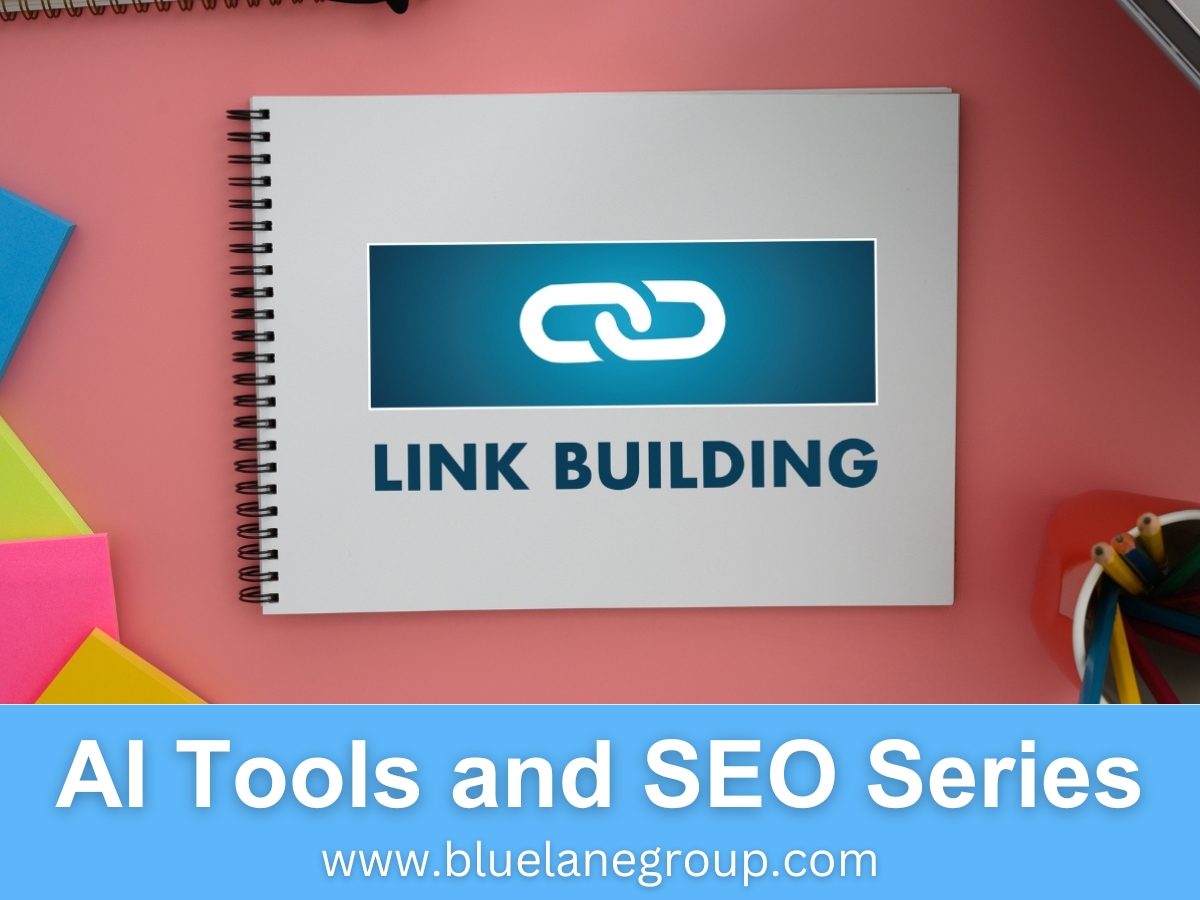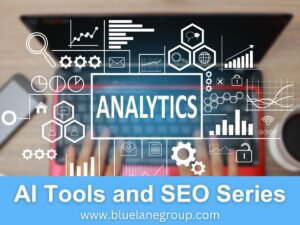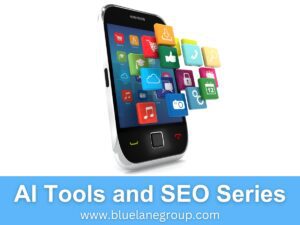Introduction: Transforming Link Building Through AI
This article explores the cutting-edge realm of AI link building and its unparalleled advantages in driving SEO success. We will delve into its core principles, essential features, and the unique opportunities it presents in boosting your website’s search rankings.
Quick Briefing – If You’re Short on Minutes
- AI link building is not just another SEO technique; it’s an advanced strategy that uses artificial intelligence to identify high-quality link prospects, manage outreach, and enhance your link profile. This method transcends traditional link-building practices by automating processes, thus saving time and improving results. If effective SEO is your goal, understanding and employing AI link-building is crucial.
- By embracing AI link building, you’re stepping into a new era of SEO optimization that delivers both efficiency and effectiveness. This technology offers quick fixes and long-term benefits that drastically elevate your website’s performance and online visibility.
Welcome to the eighth article in the Blue Lane Group series on AI Tools and SEO: Building Tomorrow’s Search Strategies Today. This series examines how artificial intelligence is reshaping the field of search engine optimization, offering tools and strategies to boost website rankings, improve user engagement, and make content more relevant.

Disclosure: The digital products mentioned in this article are highly regarded in the marketplace and are endorsed by the Blue Lane Group staff. We may earn a commission at no additional cost if you purchase through the provided links.
Table of Contents
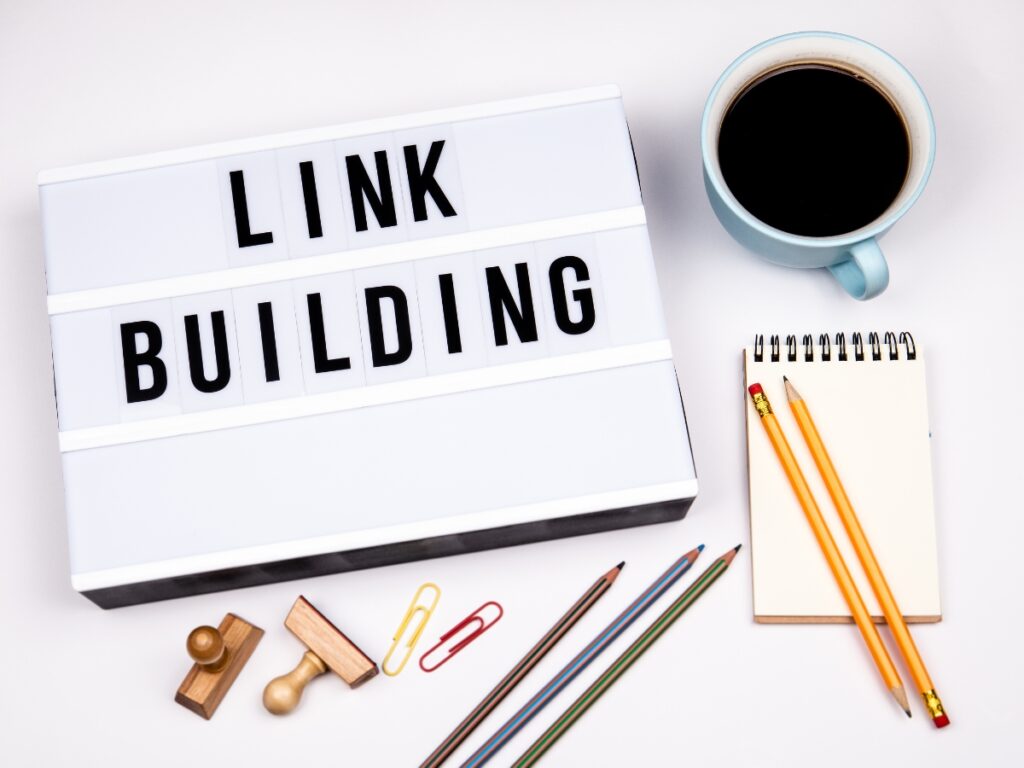
Why Link Building is Crucial for SEO
Link building remains one of the most effective strategies in SEO for improving a website’s visibility and ranking on search engines. High-quality backlinks are a significant factor that search engines like Google consider when determining the credibility and relevance of a site.
Not only do backlinks drive organic traffic, but they also help establish authority in your niche. AI link-building tools like Ahrefs and Majestic can offer data-driven insights into your link profile and potential link-building opportunities to streamline this labor-intensive process.
Traditional Methods vs. AI in Link Building
Traditional link-building methods often involve manual labor—outreach, negotiations, and tracking are usually done by hand. These processes are time-consuming and can be fraught with inefficiency.
In contrast, AI link-building tools like BuzzStream and Pitchbox streamline these efforts. These platforms leverage machine learning to identify high-potential outreach opportunities and even automate the outreach process, saving time and resources.
Moreover, AI can provide more precise metrics through SEMrush, offering actionable insights to fine-tune your link-building strategies.
What Sets AI-Driven Link Building Apart
AI-driven link-building offers several advantages that set it apart from traditional methods. Speed and efficiency are among the most notable; platforms like Linkio use AI to optimize and track your link-building campaigns, cutting down the time it takes to see measurable results.
The AI algorithms can also predict the value of potential backlinks, enabling smarter, data-driven decisions. AI platforms like Hunter.io and Snov.io can find and verify email addresses at scale, enhancing your outreach efforts exponentially. This automated, data-centric approach provides a competitive edge that is hard to match with traditional methods.
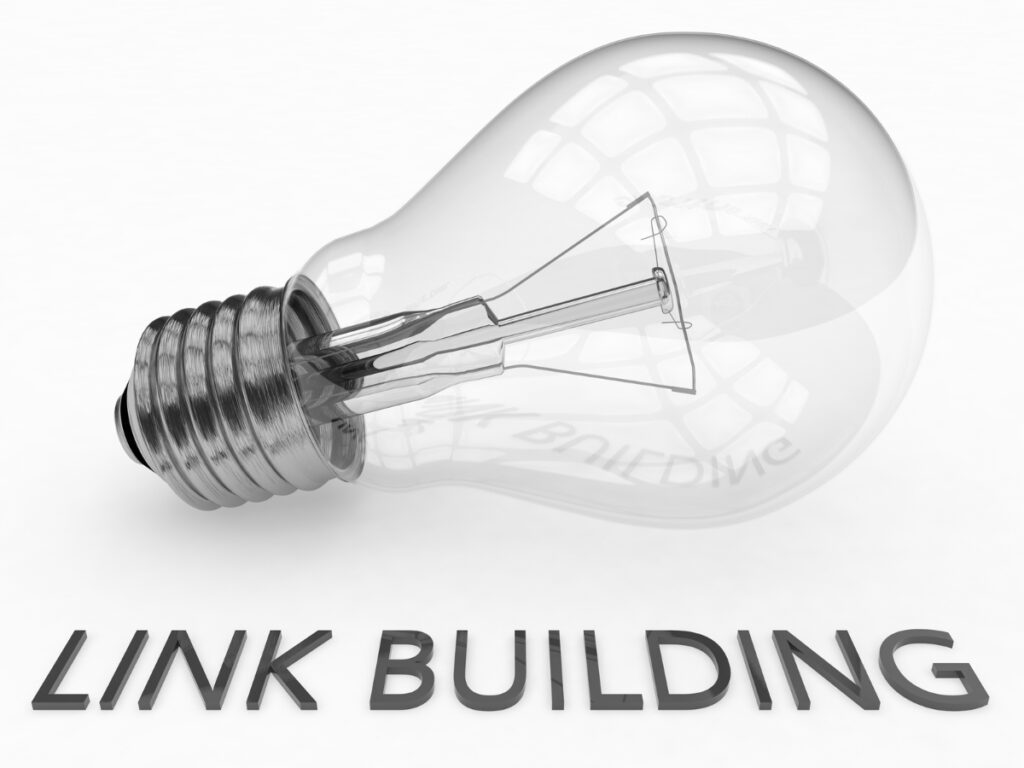
How AI Link Building Works
Understanding the mechanics of AI link-building involves diving into the technology behind these advanced tools. For instance, NinjaOutreach uses natural language processing (NLP) to scan and analyze the content of potential link-building partners, ensuring they are contextually relevant to your niche.
Tools like Clearscope can provide AI-driven content recommendations that will likely attract high-quality backlinks. Even after you’ve secured a backlink, platforms like Ahrefs will continue to monitor these links, providing alerts for any changes, which helps you maintain the quality of your link profile over time.
The Algorithms Behind AI Link Building
The backbone of any AI link-building tool is its algorithms. Whether it’s natural language processing (NLP) for content analysis or machine learning algorithms for outreach optimization, these algorithms power the unique capabilities of platforms like BuzzStream and Pitchbox.
For example, SEMrush employs advanced algorithms to analyze backlinks and suggest new link-building opportunities based on domain authority and relevance metrics. Understanding these algorithms is critical to leveraging the full potential of AI in your link-building strategies.
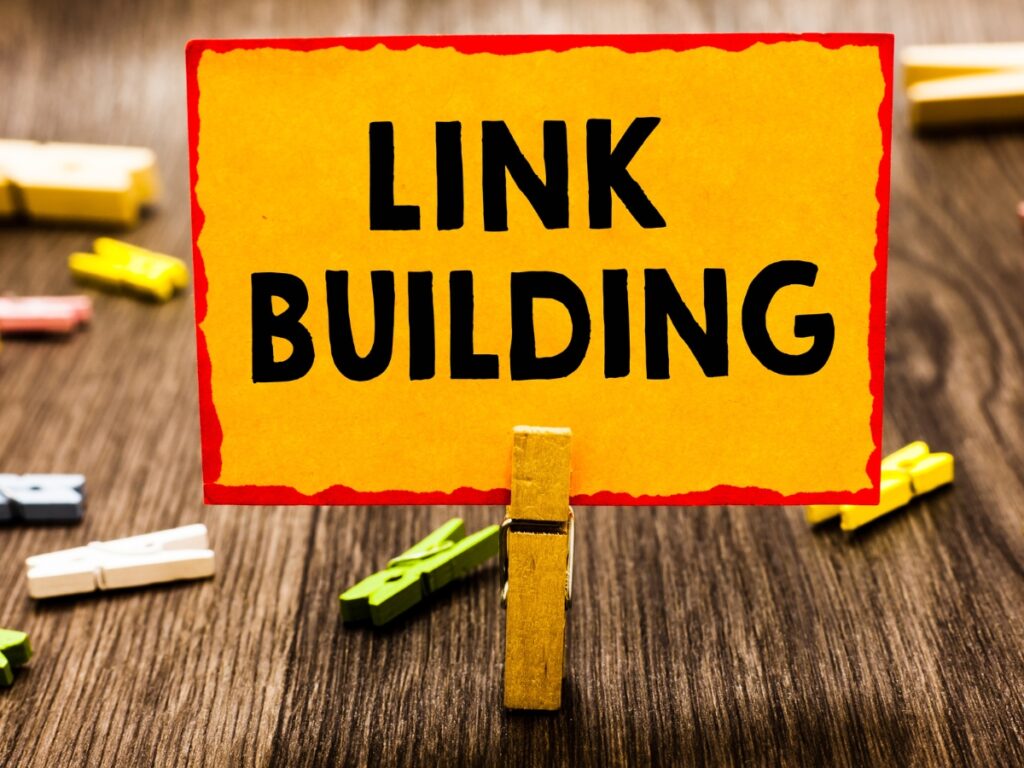
Key Features in AI Link-Building Tools
When choosing an AI link-building tool, it’s essential to consider critical features that align with your objectives. Features may include automated outreach, backlink quality assessment, competitor analysis, and real-time tracking.
For instance, Majestic offers detailed backlink analysis using AI algorithms, while Linkio provides link planning and monitoring. Hunter.io specializes in finding and verifying email addresses, a vital component of any successful link-building outreach campaign.
Selecting a tool with features tailored to your specific needs can significantly enhance your link-building effectiveness.
Real-time Analysis in AI Link Building
The ability to perform real-time analysis is one of the revolutionary features of AI link-building tools. Platforms like Ahrefs and SEMrush offer real-time tracking of your backlink profile, alerting you to new link opportunities or potential issues.
Snov.io takes it further by including real-time follow-ups and advanced search in its outreach capabilities. This real-time analysis allows marketers to react instantly to new data, making adjustments on the fly to maximize the ROI of their link-building campaigns.
Machine Learning for Backlink Quality
Machine learning algorithms are increasingly being used to evaluate the quality of backlinks. These algorithms can analyze many factors, such as the relevancy of the linking page, the quality of its content, and its domain authority.
Tools like Majestic and Linkio use machine learning to offer a more in-depth look at your link profile, enabling you to focus on building high-quality links that will stand the test of time and algorithm updates.
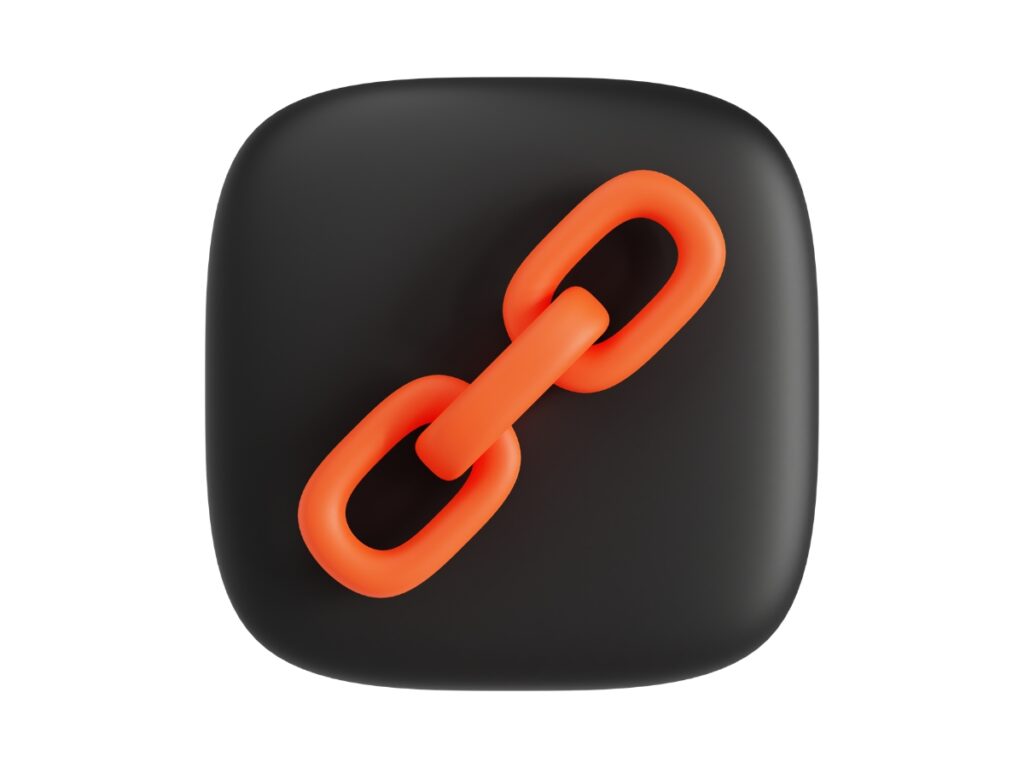
Case Studies: Success in AI Link Building
Case studies can serve as invaluable resources when considering the adoption of AI for link-building efforts. These real-world examples showcase the tangible benefits of using AI-driven tools like BuzzStream and Pitchbox to streamline and optimize link-building campaigns.
Whether it’s a small business that has catapulted its organic rankings or a large corporation that has automated its massive outreach efforts, these case studies validate the effectiveness and ROI of AI link-building. Such examples illustrate AI’s capabilities and inspire marketers to reimagine their link-building strategies.
Improving Domain Authority Through AI
Improving domain authority is a primary goal for many link-building campaigns, and AI can be a game-changer. By leveraging tools like Majestic and Ahrefs, marketers can get a data-driven analysis of their link profile and make calculated moves to enhance it.
AI algorithms can also identify high-authority domains worth pursuing backlinks, prioritizing them based on relevance, trust score, and potential for organic traffic. This analytical, automated approach simplifies the otherwise complicated task of improving domain authority.
Accelerating Outreach with AI Tools
One of the most time-consuming aspects of link building is outreach, where AI shines. Tools like Snov.io and Hunter.io can automate finding and verifying email addresses for your outreach campaigns.
On the other hand, platforms like NinjaOutreach and Pitchbox can use AI to identify the most promising outreach opportunities, allowing you to focus on creating compelling, personalized messages. By accelerating the outreach process, AI tools enable you to secure more high-quality backlinks faster.

Challenges in Implementing AI Link Building
Despite the numerous advantages, implementing AI in link building is not without challenges. One of the most significant obstacles is the learning curve of understanding how to use these sophisticated tools best. The intricacy of AI algorithms can sometimes make them less user-friendly.
Budget constraints can also be a factor, as high-quality AI link-building tools often have a premium price tag. Plus, there’s the challenge of integration, as some tools may not seamlessly fit into existing marketing stacks, requiring additional effort and resources for effective implementation.
Data Privacy in AI Link Building
Data privacy is critical in the digital age, and AI link-building is no exception. Tools that gather and analyze vast amounts of data, such as SEMrush or Hunter.io, should have robust security measures to protect user information.
Marketers must comply with data protection laws like GDPR when using these AI tools for outreach and link analysis. The emphasis on data privacy also highlights the importance of transparent data practices regarding what data is being collected and how it’s being used for link-building strategies.
Scalability Issues in AI Link Building
Scalability is often cited as one of the significant advantages of AI, but it can also present challenges in a link-building context. As your campaigns grow, you may encounter limitations with some AI tools not built to scale with your needs.
While platforms like Linkio and BuzzStream offer scalability features, the costs associated can increase dramatically. This scalability challenge necessitates careful planning and budget allocation, especially for businesses looking to expand their link-building campaigns substantially.

Future Trends in AI Link Building
The landscape of AI link building is ever-evolving, and keeping an eye on future trends can give you a competitive edge. Automation is likely to become even more sophisticated, with AI algorithms capable of conducting more nuanced analysis and outreach.
As seen in tools like Ahrefs and Snov.io, real-time capabilities are expected to become even more advanced, offering unprecedented immediacy in insights and actions. Additionally, integrating AI with emerging technologies like blockchain could provide new avenues for transparent and secure link-building practices.

How to Choose the Right Tools for AI Link Building
Given the many options available, selecting the right AI tools for link building can be daunting. Factors to consider include the tool’s essential features, scalability, user-friendliness, and cost. Platforms like Pitchbox are excellent for automating outreach, while Majestic is more suited for in-depth backlink analysis.
User reviews and case studies can offer invaluable insights into a tool’s efficacy. Don’t overlook the availability of customer support and the frequency of updates, as these can significantly impact your long-term success with the device.
FAQ: Your Top Questions on AI Link Building Answered
Many questions arise when considering the adoption of AI in link building, and this section aims to address some of the most commonly asked ones. Whether it’s understanding how AI algorithms function or deciphering the ethical considerations surrounding automated outreach, these FAQs can offer valuable insights.
Tools like SEMrush and Majestic often have their own FAQ sections to help users navigate the complexities of AI algorithms. This part of your article can serve as a quick reference guide for readers seeking straightforward answers to their pressing questions.
Why is AI Crucial for Link Building?
AI has become increasingly crucial in link-building due to its ability to automate, analyze, and optimize various elements of a link-building campaign.
It makes the outreach process more efficient through tools like Snov.io and Hunter.io, provides real-time analytics via platforms like Ahrefs, and enables intelligent decision-making based on data.
By reducing manual labor and human error, AI allows marketers to focus more on strategy and less on mundane tasks. As algorithms continue to evolve, the role of AI in link-building is likely to become even more critical.
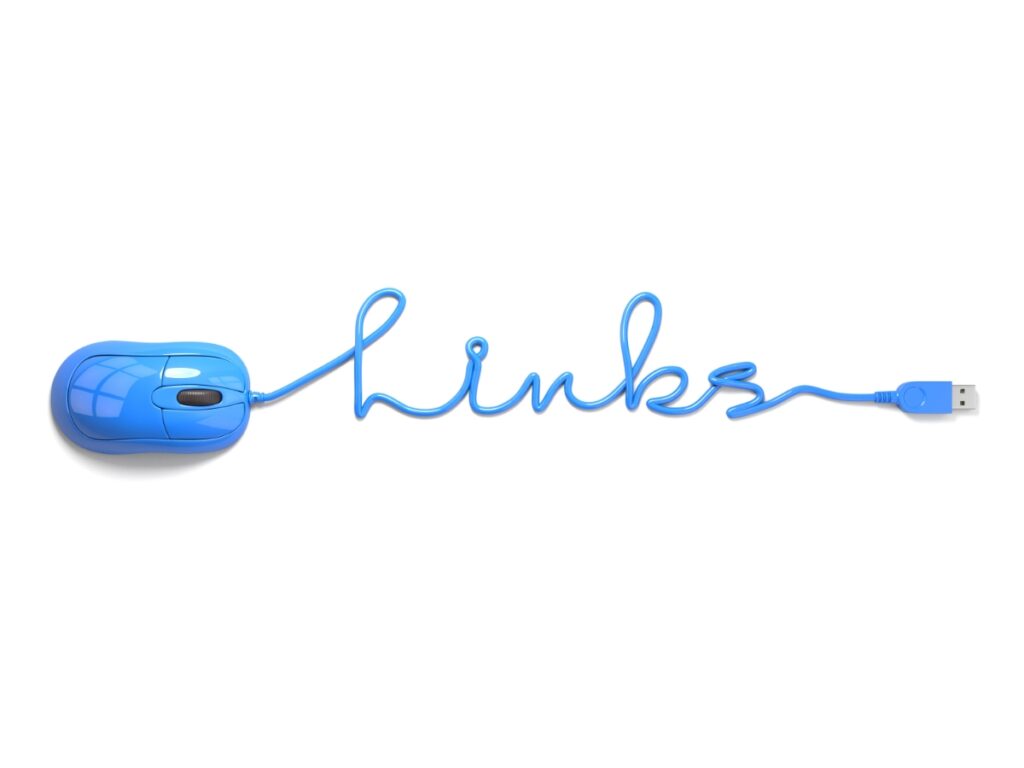
What Makes AI Link Building Unique?
AI link building offers several unique advantages that set it apart from traditional methods. Advanced algorithms can predict the value and relevance of potential backlinks, which would require considerable manual analysis otherwise.
Real-time features in tools like BuzzStream and Pitchbox provide immediate insights, allowing for quick adjustments to your campaign. AI-driven tools can also integrate multiple functionalities—from outreach to analytics—into a single platform, offering an all-in-one solution for link-building efforts.
How Does AI Address Ethical Link Building?
Ethical considerations are paramount in any link-building campaign, and AI can ensure best practices are followed. For example, AI algorithms can filter out websites and domains that engage in unethical link schemes, helping you maintain a clean link profile.
Tools like Majestic can offer Trust Flow scores, providing insights into a potential link’s quality and ethical standing. By automating outreach, AI also minimizes the risk of spammy practices, as you can fine-tune your messages to be more targeted and relevant, aligning with ethical guidelines.

Conclusion: The New Era of AI Link Building
As we step into this new era, it’s evident that AI is revolutionizing the field of link-building in unprecedented ways. By automating mundane tasks, providing real-time analytics, and enhancing decision-making through data-driven insights, AI allows for a more streamlined, effective, and ethical approach to securing valuable backlinks.
The technology has challenges—scalability issues, the learning curve, and data privacy concerns—but the benefits far outweigh the drawbacks for those willing to adapt and evolve. With constant advancements in AI algorithms and machine learning, the future of link-building seems poised for even more exciting developments.
It’s an exciting time for marketers and SEO professionals to be open to embracing this transformative technology.
You Might Also Like:
If you enjoyed this article and received value from it, check out the other Blue Lane Group articles in the AI Tools and SEO: Building Tomorrow’s Search Strategies Today series:
- Uncover Hidden Opportunities: AI in User Behavior Analytics Tools
- Elevate Your Strategy: The Importance of SEO Optimization
- The Role of AI in SERP Analysis: A Revolutionary Approach
- Transform User Experience: Content Personalization with AI
- Boost Your Site’s Performance: AI in Technical SEO Audits
- Outsmart Your Rivals: AI in Competitive SEO Analysis
- Transform Your Content Strategy: AI-Driven Content Generation Revealed
- AI Link Building: The Secret to Unbeatable SEO
- Breakthrough Technology: Using AI for Image and Video SEO
- Drive More Traffic: Leveraging AI SEO Mobile Strategy
- Drive Engagement: How Sentiment AI Analysis for SEO Works
- Maximize ROI: Using an AI-Driven SEO Dashboard and Reporting Effectively
- Thrive Locally: AI Local SEO Tools You Can’t Ignore
- Ignite Sales: Utilizing AI for PPC Campaigns Strategies
- Amplify Your Reach: The Best Influencer Tools Powered by AI
- Elevate Rankings: AI in Social Media and SEO Strategies
- Optimize Success: Understanding AI Semantic Search for SEO
- Unleash the Power: AI and SEO Strategies Using Machine Learning
- Optimize Conversions: AI and Search Intent Tactics


